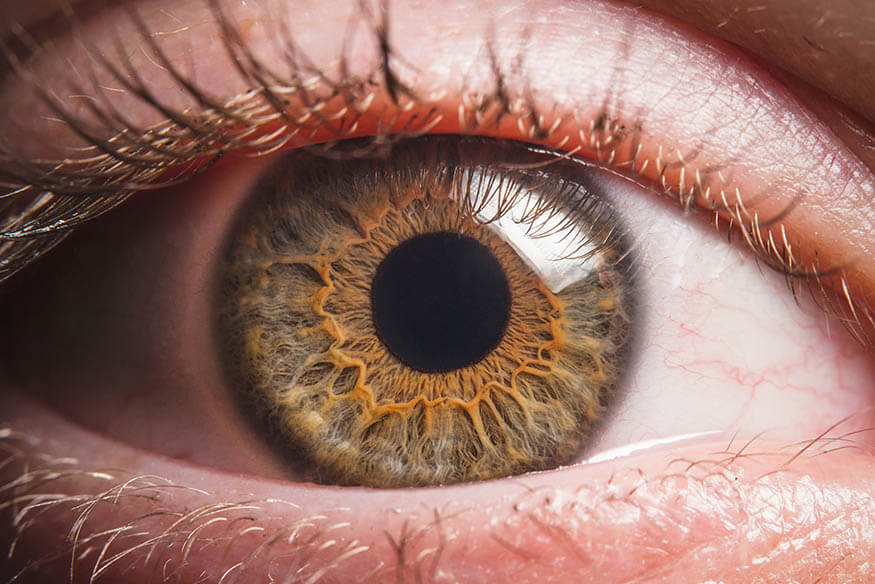
The cornea is the clear covering of the front of the eye which bends (refracts) light rays as they enter the eye. For clear vision to occur, the cornea must have the correct shape and power to focus incoming light rays precisely on the retina at the back of the eye. When the cornea loses its transparency, whether, from injury, infection or disease, transplantation may be recommended to replace it.
Corneal transplants are usually performed with local anesthesia so there is no pain. During the procedure, the cornea is replaced with one from a human donor. The new cornea carries little risk of rejection and can last for many years.


